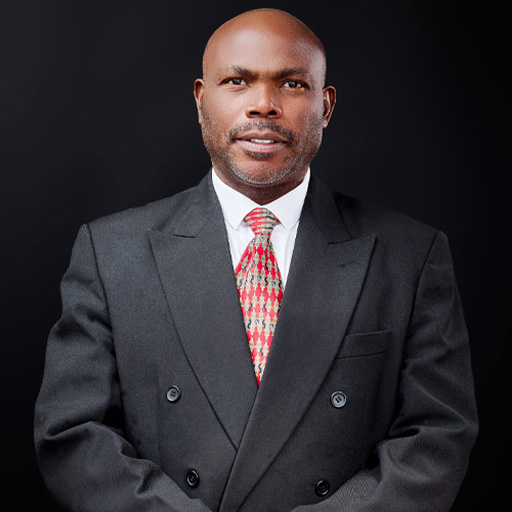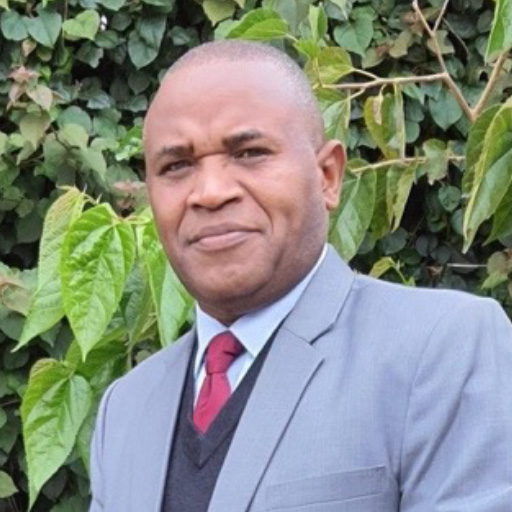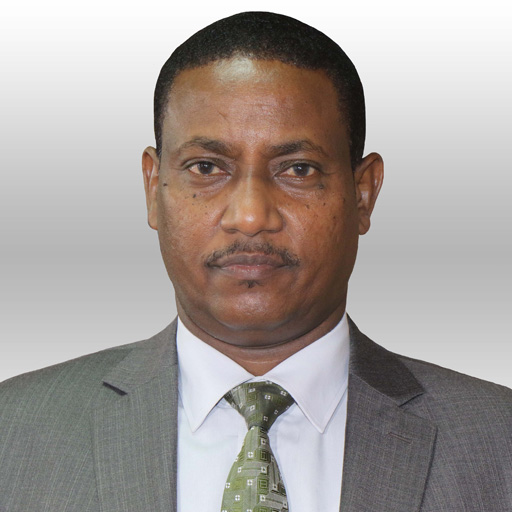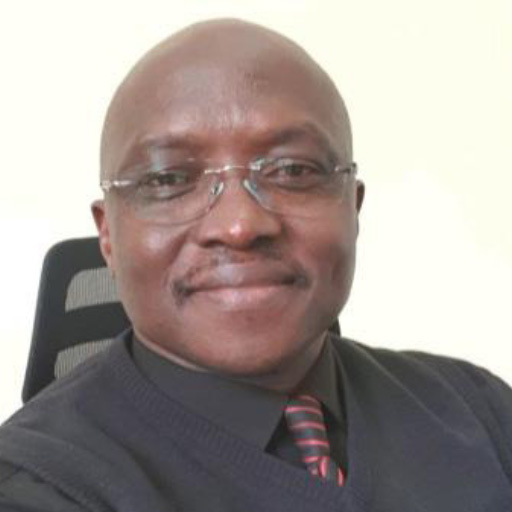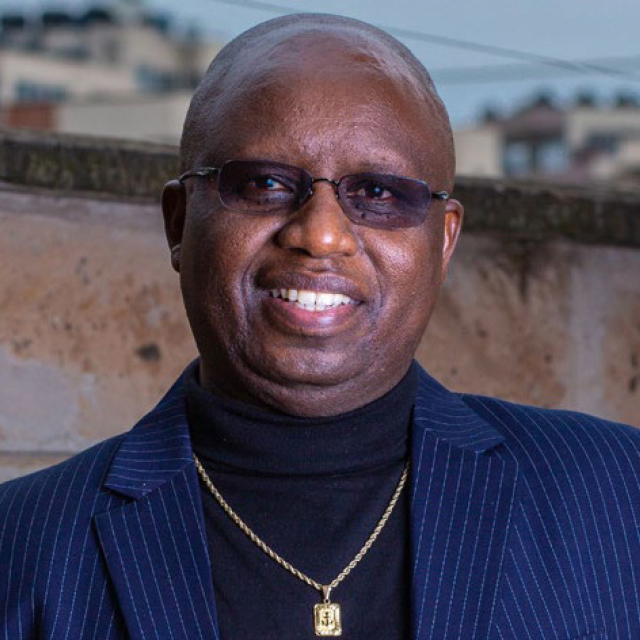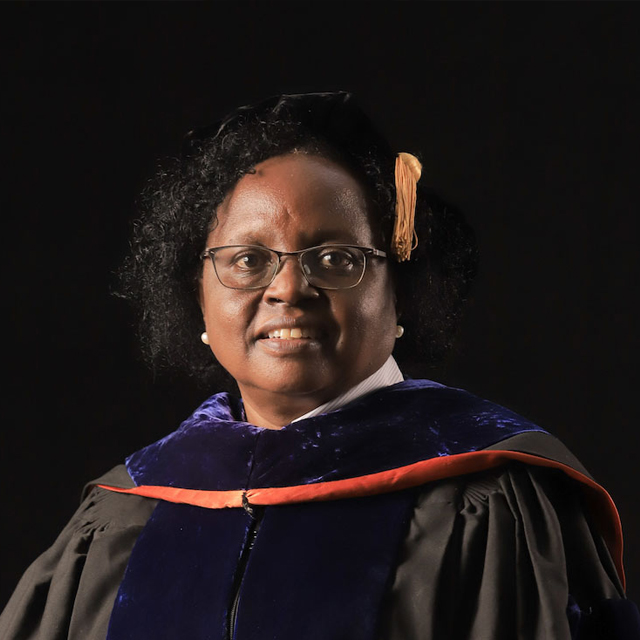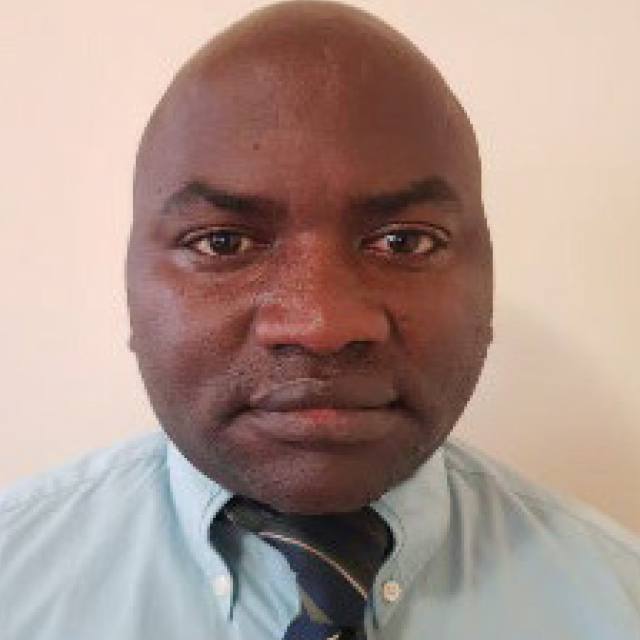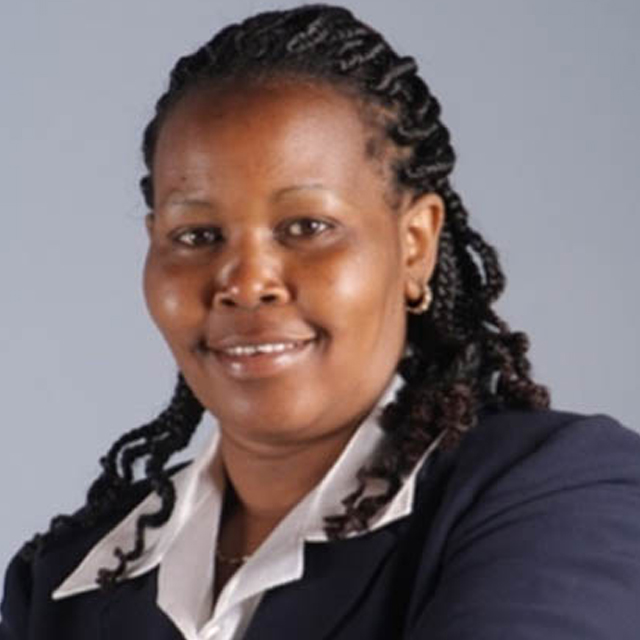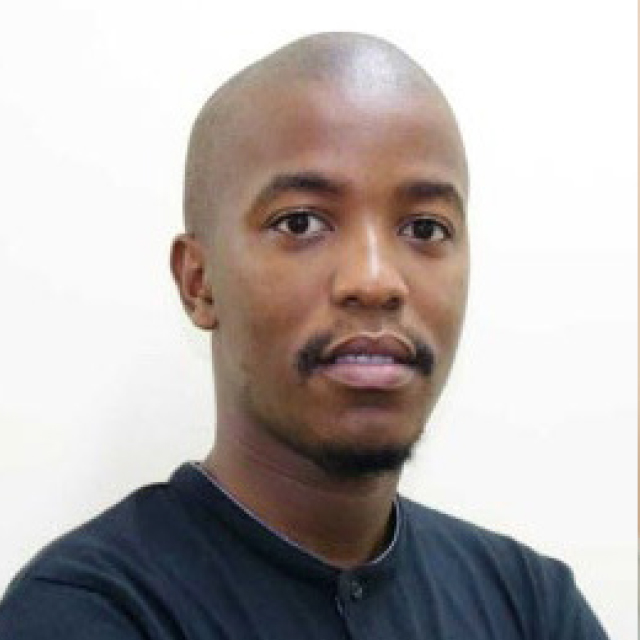Participants
Breakout Sessions
Panel Discussion
Speakers
Conference Speakers
Prof. Dominique Emmanuel Uwizeyimana
Full Professor, SPMGPP, University of Johannesburg.Dr. Daniel Muvengi
Regional Director for Faith & Development, World Vision InternationalMamo Boru Mamo, EBS
Director General of the National Environment Management Authority (NEMA)Rev. Dr. Lesmore Gibson Ezekiel
Director of Programs All-Africa Conference of ChurchesConference Organizers
Rev. Dr. P...
OrganizerProf. Domi...
OrganizerProf. Fait...
OrganizerProf. Hoss...
OrganizerProf. Laba...
OrganizerDr. Eric B...
OrganizerDr. Dina K...
OrganizerDr Victor ...
OrganizerDr. Martin...
OrganizerSchedule Plan

Ushers
Daystar UniversityArrival and Registration
Choose a Ticket
No Tickets available
Other
Conference Details
|
Submission of abstracts |
31 July 2023 |
|
Notification of acceptance |
15 August 2023 |
|
Submission for full papers |
01 September 2023 |
|
Early bird registration deadline |
01 September 2023 |
|
Final paper submission |
15 September 2023 |
|
Issue of final conference programme |
20 September 2023 |
|
Presentation submission deadline (slides) |
25 September 2023 |
|
Conference dates |
27-29th September 2023 |
Guideline for Authors
Submissions must be original, unpublished work and should not exceed [6000-8000 Word/Character Limit] (excluding references). All submissions will be peer-reviewed by an international panel of experts in the field.
Accepted papers will be presented at the conference as either oral presentations or poster presentations. The conference proceedings will be published in the Daystar perspectives journal, subject to final approval by the editorial board.
TECHNICAL DETAILS
- All submissions must be made through the conference submission system.
- Papers must be in English and should follow the [APA] citation style.
- All submissions must include an abstract of no more than 250-300 Word Limit.
- Panel proposals must include a summary of the panel theme and the abstracts of all panelists.
- Poster submissions must include a brief description of the research and findings.
Conference Host
September 28th, 2023 08:00 am
- Daystar University and University of Johannesburg


